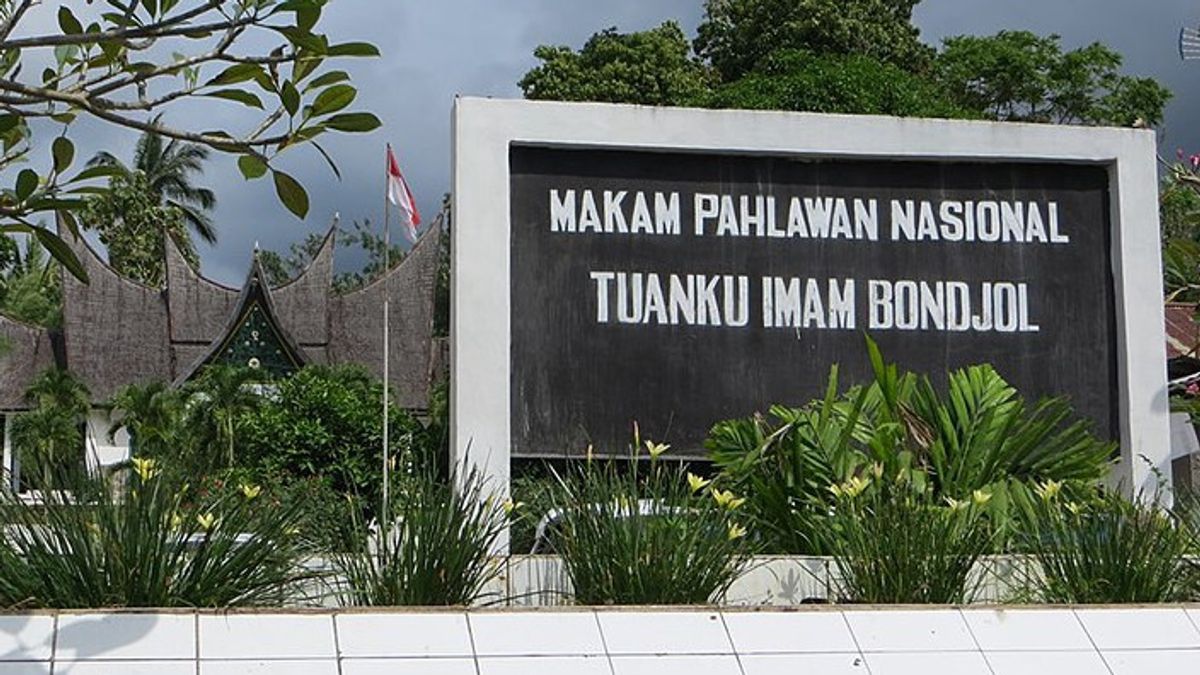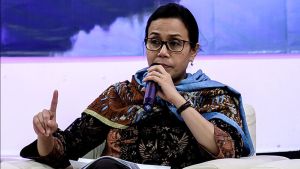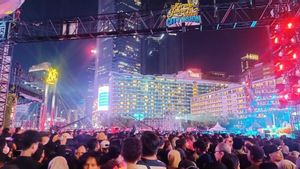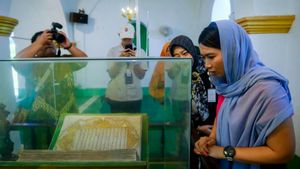JAKARTA History today, 158 years ago, November 6, 1864, the leader of the Padri people, gave birth to Imam Bonjol. He died in exile in Minahasa, North Sulawesi. During his lifetime, he was known as a brave figure.
He defended the interests of his people against the Dutch colonialists. Everything was done for the sake of the establishment of Islamic values in Minangkabau Land. The resistance made it difficult for the Dutch. Moreover, the resistance that was perpetuated by Imam Bonjol made the Dutch a big loss.
The pilgrimage was once a medium of resistance for the Bumiputra Muslims against the Dutch. All because the scholars who came back from Makkah often led the fight against the Dutch. They came home not only with religious knowledge.
They also came home with imports. Pan-Islamism is called. An understanding that dares to sound resistance to colonialism and imperialism on earth. Whoever says colonialism, then they are enemies.
That was what the Poor Haji, Piabang Haji, and Sumanik Haji did. The Minangkabau cleric was not only angry with the Dutch colonialists, but also furious with the local traditional group (Kaum Adat) who did not fully implement Islamic law.
Support from Muslims was piled up. The Padri were formed to echo resistance. The indigenous people then allied themselves with the Dutch against the Padri people. The Padri war which broke out in 1803-1838. Later, the leadership of the Padri was continued by a charismatic cleric from the Rimbang River.
Of course, the purification movement of the three young scholars met with strong resistance from the Indigenous people. Gejolak ensued. When Sumanik was seen, he faced great resistance in his country until he was forced to move to Lintau. The Poor Hajj also faced no less severe resistance in Pandai Sikek and was forced to move to Ampek Angkek. Only my luck in the Cupbang was not much challenged.
The Padri clerics again tried to take an approach to negotiating with the Pagaruyung Kingdom so that the people and the King would be willing to purify Islamic teachings by removing customs that were not in accordance with Islamic teachings. However, the negotiations in 1803 experienced a deadlock that led to an armed conflict between the Padri and the Traditional People known as the Padri War," said Adi Teruna Effendi et al in the book Jejak Islam in the archipelago (2019).
The leadership of Imam Bonjol for the Padri people to unite. They continued to fight the Dutch. However, the Dutch with modern weapons made the Padri people pressed. The Dutch tried to invite the Padri leader to negotiate to surrender.
Negotiations failed. Fighting continued. One by one the mass bases of the Padri people were controlled by the Dutch. When Imam Bonjol gave up. He was later exiled. His absence moved from place to place. From Cianjur to Minahasa. In his last exile (Minahasa), Imam Bonjol died on November 6, 1864.
Finally, the Bonjol fort which was maintained by the Padri with all their might could be entered by the Dutch troops, the Padri Bonjol Troops were no longer empowered to face the larger enemy troops in addition to more complete weapons, so they were forced to surrender.
The handover of Imam Bonjol and his troops occurred on October 25, 1837 and was a heavy blow to the resistance of the Padri in general. The Padri people were forced to leave Bonjol to continue the war in the forests. Imam Bonjol was then exiled to Cianjur, West Java. On January 19, 1839 he was exiled to Ambon, then in 1841 he was transferred to (near) Manado (Minahasa), and died there on November 6, 1864, explained Marwati Djoened Poesponegoro in the book Indonesian National History Volume IV(2008).
The English, Chinese, Japanese, Arabic, and French versions are automatically generated by the AI. So there may still be inaccuracies in translating, please always see Indonesian as our main language. (system supported by DigitalSiber.id)













